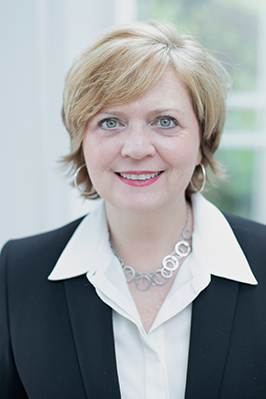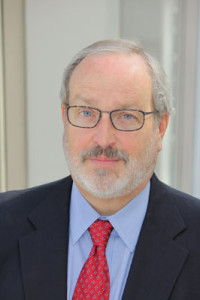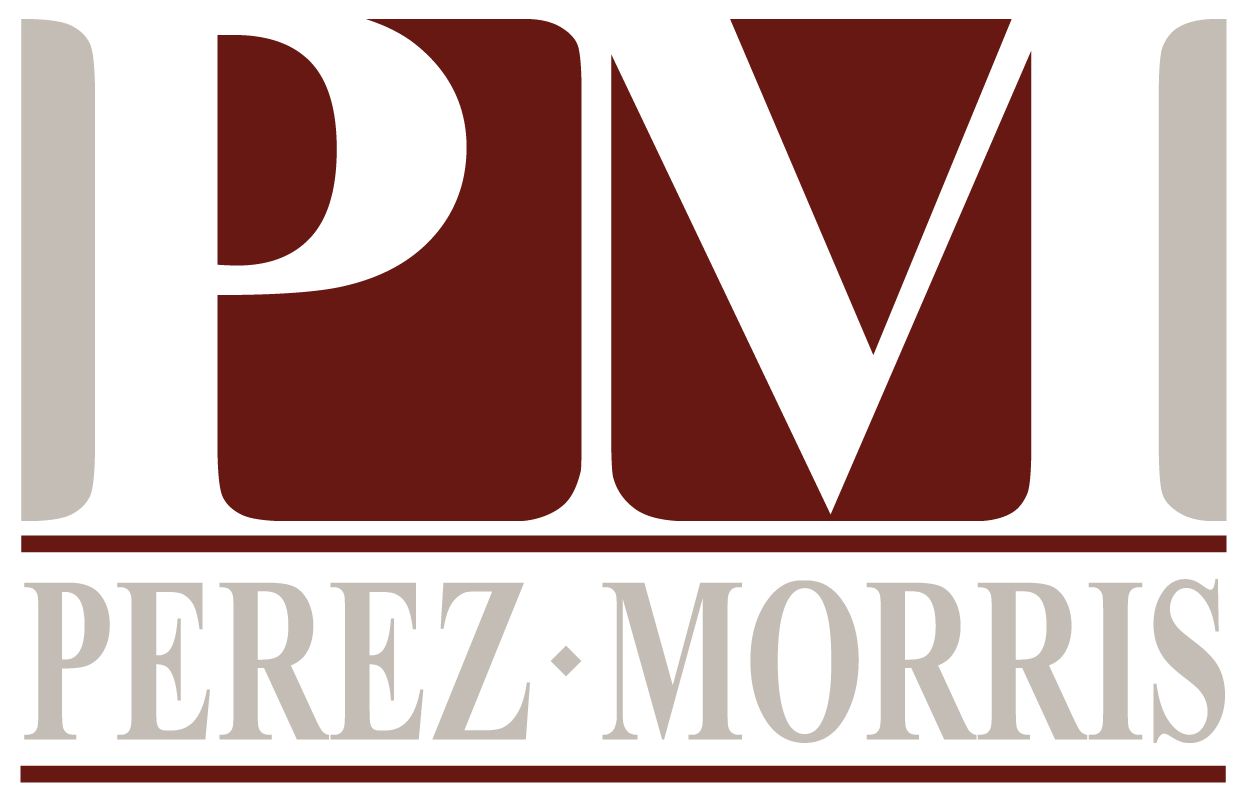As our country struggles with the COVID-19 crisis, both personally and professionally, it is important to understand the impact of this virus on the Ohio Workers’ Compensation system.
To date, there are eighteen COVID-19 claims filed with the Ohio BWC. Three of those claims have been denied by the BWC and the remaining 15 are under investigation at this time. The number of claims filed is expected to increase over the ensuing weeks and months.
The claims are being analyzed by the BWC as occupational disease claims. When a claim is filed on the FROI-1 claim application it will be important to look at the description of injury or exposure, and the employer should be prepared to defend the claim under the injury and occupational disease theories of causation. A COVID-19 claim could be filed as a result of a specific injury if, for example, a COVID-19 positive patient sneezes directly into the unprotected face of an individual, who is subsequently diagnosed with the virus. However, most claims are likely to be filed as exposure claims over a period of time, without specifying a single event.
Generally a communicable disease like COVID-19 is not a compensable claim because people are exposed in a variety of ways and there are few jobs that pose a hazard or risk of contracting the disease in greater degree than the public in general. Healthcare workers are obviously at a higher risk of contracting the disease, and arguably, any business that remains open at a time when most businesses are closed, would also pose a higher risk for its employees.
In Ohio, an occupational disease is compensable where:
- The disease is contracted in the course of the employment;
- The disease is peculiar to the claimant’s employment by its causes and that characteristics of its manifestation or the conditions of the employment result in a hazard which distinguishes the employment in character from employment in general;
- The employment creates a risk of contracting the disease in greater degree and in different manner than the public in general.
To establish compensability of an occupational disease claim, the Ohio BWC looks for proof of:
- Whether there was a work related exposure to a hazardous substance;
- A harmful effect confirmed by medical diagnosis;
- A causal relationship between the work related exposure and the harmful effect confirmed by a medical diagnosis by a physician; and
- The conditions of employment created a greater risk to the injured worker than to the general public.
The following is a list of considerations for investigating a claim involving an alleged COVID-19 exposure:
- A review of the claimant’s job duties to determine if there is evidence of clear work related exposure or just fear of exposure, and whether the conditions of the employment create a greater risk of contracting the virus than the public in general.
- Did the individual filing a claim actually come in contact with a COVID-19 positive person in the course of and arising out of their employment?
- Does the claimant have incidences of exposure in other aspects of their life or at home?
- Is there a specific medical diagnosis of COVID-19 for both the individual filing the claim and the individual they were exposed to at work and is there evidence of causal relationship between the alleged work exposure and the diagnosis.
- A review of the claimant’s pre-existing co-morbidities.
Each claim must be evaluated on a case by case basis. In addition, given the complexities of this defense, early involvement of legal counsel is recommended to assist in exploring both the factual and medical issues.
There is also a policy component to be considered in these cases, especially with respect to our healthcare clients who are on the front lines in this crisis and an employer may want to take that into consideration in determining if claims will be contested.
We are here and are keeping up to date on the latest developments in this area. Email addresses for our workers’ compensation team are below. Please feel free to reach out with any questions.

Rick is a proactive, strategic and dedicated workers’ compensation defense attorney with nearly three decades’ experience. He has represented self-insured and state-funded private employers, state agencies, and public and private universities in proceedings before the Industrial Commission of Ohio, and at all levels of court within the State of Ohio. Rick’s experience includes representation of national trucking companies, major hospital organizations, nursing home consortiums, national utilities, as well as a number of industry-leading retailers and restaurants.
Rick received his JD from Capital University Law School in 1986 and was a member of Phi Delta Phi, the international legal fraternity. Rick resides in New Albany, Ohio with his wife, Gigi, and their three children. Read more

Beth has represented and advised employers for thirty years regarding all aspects of their workers’ compensation and risk management programs. Beth’s philosophy is that preparation and attention to detail are the hallmarks of a successful defense plan. Her practice includes representation of employers at all administrative hearing levels before the Industrial Commission of Ohio and the adjudicating bodies of the Ohio Bureau of Workers’ Compensation.
Beth received her JD from Capital University Law School in 1988. She resides in Bexley, Ohio with her husband and two children. Read more

Practicing law since 1978, Steve has become one of Ohio’s leading attorneys in the area of workers’ compensation defense and disability law. Steve has devoted his career to protecting employers. Steve frequently teaches and presents on current trends and best practices in workers’ compensation and disability and has taught on these subjects at Capital University School of Law. Read more

Prior to entering private practice, Dennis served in the Ohio Attorney General’s Office’s Workers’ Compensation Section for 10 years. Dennis’ practice since then has included all areas of workers’ compensation defense and employment litigation and counseling. Read more

